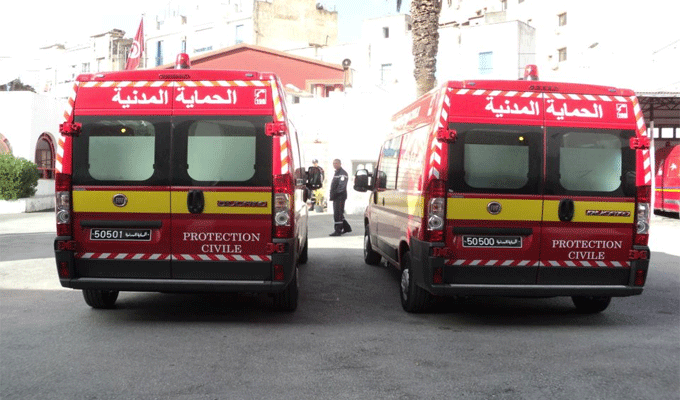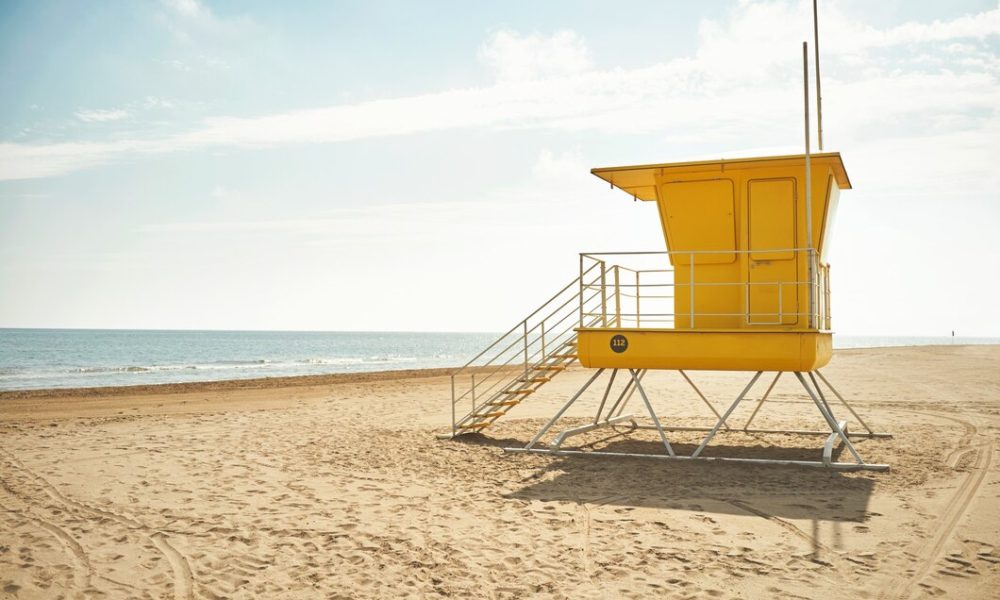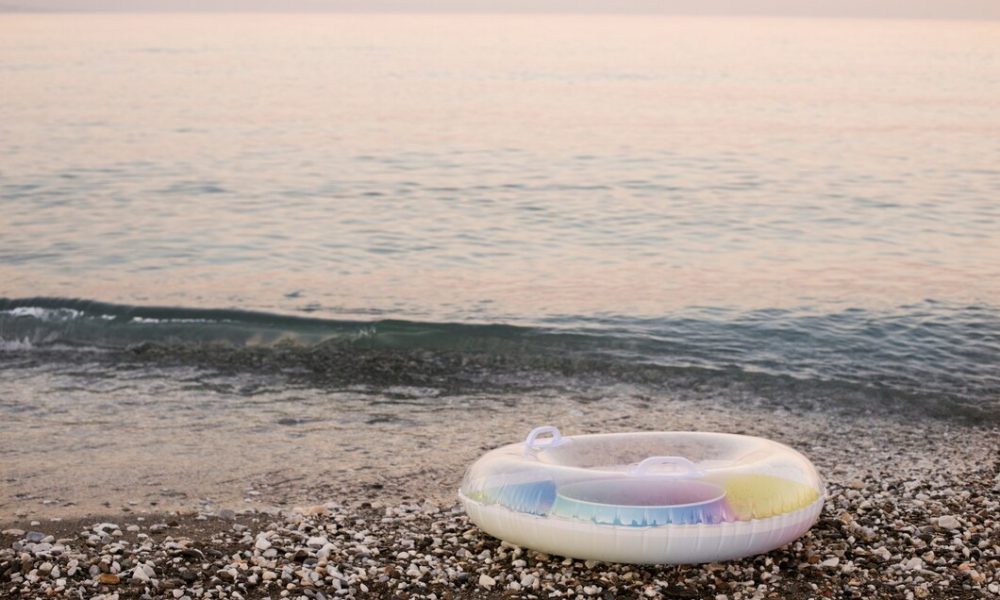Tunisia and the lack of trash cans: an obstacle to urban cleanliness

By balkis | July 22, 2024 at 7:52 p.m.
Tunisia must be cleaner
Despite the hundreds of millions of dinars spent on various cleanliness and sanitation programs, Tunisia continues to suffer from a basic problem: the absence of trash cans in public spaces. How can we hope to have clean cities or neighborhoods if essential infrastructure, such as trash cans, is lacking?
A fundamental need ignored
To establish a culture of cleanliness, it is essential to start by providing trash cans in all public places. This basic role falls to the Ministry of the Environment, which must make this issue a top priority. The absence of trash cans in streets, parks and neighborhoods is a major obstacle to cleanliness and effective waste management.
Citizens without solutions
Often, Tunisians look to throw something away but cannot find trash cans nearby. While some prefer to keep their waste with them until they find a trash can, the majority end up throwing it in the street, thus contributing to visual and environmental pollution. This situation highlights the urgency of installing accessible trash cans everywhere.
A priority to integrate into an action plan
It is imperative that the Ministry of the Environment develop a clear and effective action plan to meet this need. This includes not only the installation of bins, but also the introduction of selective sorting with separate bins for recyclable and non-recyclable waste. This initiative would not only keep cities cleaner, but also promote sustainable waste management.
The berbacha phenomenon
A recent phenomenon in Tunisia, linked to growing poverty, is that of berbacha, people who rummage through trash cans in search of recyclable materials, mainly plastic. To help these people and improve waste management, bins specially dedicated to plastics could be made available. This measure would make sorting more efficient and facilitate the work of berbacha while contributing to the cleanliness of cities.
Why wait ?
The installation of bins and the development of a selective sorting infrastructure should not be relegated to the background. It is crucial to act now to integrate these elements into a coherent and sustainable action plan. The Ministry of the Environment must take the lead and make cleanliness a national priority.
So, for Tunisia to become a cleaner country, it is essential to start with the basics: install trash cans and introduce selective sorting. This initiative will not only help improve the quality of life of citizens, but also support berbacha and promote more sustainable waste management. It’s time to act and make cleanliness a tangible reality for everyone.
La Tunisie doit être plus propre Malgré les centaines de millions de dinars dépensés dans divers programmes de propreté et d’assainissement, la Tunisie

www.tunisienumerique.com






































